
Rusizi National Park: Burundi's Hidden Gem of Biodiversity
Rusizi National Park is a treasure trove of natural beauty and biodiversity located in the heart of Burundi. Nestled along the banks of the mighty Rusizi River, this park offers a serene escape from the hustle and bustle of city life. Visitors are greeted with a lush landscape that includes wetlands, savannas, and forests, making it a paradise for nature lovers and bird watchers alike. One of the highlights of Rusizi National Park is its incredible variety of wildlife. The park is home to hippos, crocodiles, and a myriad of bird species, including the striking African fish eagle. The wetland areas are particularly rich in birdlife, offering visitors an unparalleled bird-watching experience. Whether you're a seasoned ornithologist or a casual observer, the vibrant avian population of Rusizi will leave you in awe. Apart from its natural wonders, Rusizi National Park also holds cultural significance. The local communities around the park have a deep connection to the land and its wildlife. Visitors have the opportunity to engage with these communities and learn about their traditions and conservation efforts. A visit to Rusizi is not just a journey through nature, but also a cultural exploration that enriches the soul.
Local tips in Rusizi National Park
- Visit during the dry season (June to August) for the best wildlife viewing experience.
- Bring binoculars for an enhanced bird-watching experience.
- Hire a local guide to gain deeper insights into the park's flora and fauna.
- Wear comfortable walking shoes and carry insect repellent.
- Respect the local communities and their customs when visiting nearby villages.
Rusizi National Park: Burundi's Hidden Gem of Biodiversity
Rusizi National Park is a treasure trove of natural beauty and biodiversity located in the heart of Burundi. Nestled along the banks of the mighty Rusizi River, this park offers a serene escape from the hustle and bustle of city life. Visitors are greeted with a lush landscape that includes wetlands, savannas, and forests, making it a paradise for nature lovers and bird watchers alike. One of the highlights of Rusizi National Park is its incredible variety of wildlife. The park is home to hippos, crocodiles, and a myriad of bird species, including the striking African fish eagle. The wetland areas are particularly rich in birdlife, offering visitors an unparalleled bird-watching experience. Whether you're a seasoned ornithologist or a casual observer, the vibrant avian population of Rusizi will leave you in awe. Apart from its natural wonders, Rusizi National Park also holds cultural significance. The local communities around the park have a deep connection to the land and its wildlife. Visitors have the opportunity to engage with these communities and learn about their traditions and conservation efforts. A visit to Rusizi is not just a journey through nature, but also a cultural exploration that enriches the soul.
When is the best time to go to Rusizi National Park?
Iconic landmarks you can’t miss
Gishora Drum Sanctuary
Experience the rhythmic heart of Burundi at Gishora Drum Sanctuary, a UNESCO World Heritage site celebrating traditional drumming and vibrant culture.
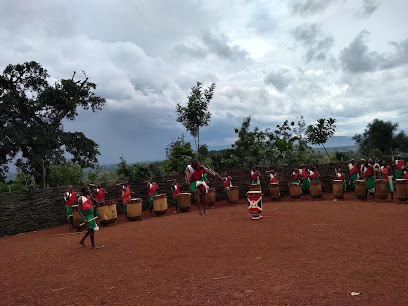
Rusizi Delta Natural Reserve ENTRANCE
Explore the mesmerizing Rusizi Delta Natural Reserve, a nature preserve teeming with wildlife and breathtaking landscapes in Burundi.
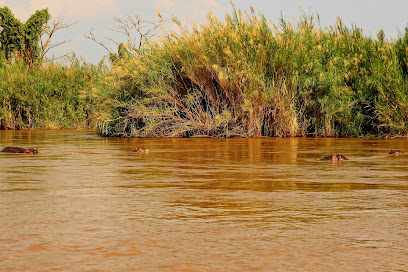
Lookout Tower Rusisi NP
Explore the stunning panoramas and diverse wildlife of Lookout Tower in Rusisi National Park, an unforgettable destination for nature lovers and adventurers.
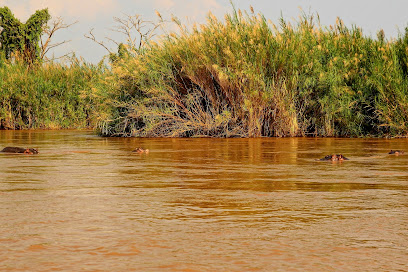
Rusizi
Explore the tranquil shores of Lake Kivu in Rusizi, where vibrant culture meets stunning natural beauty and unforgettable experiences await.

Unmissable attractions to see
Chutes de la Karera Falls
Experience the breathtaking beauty of Chutes de la Karera Falls, a natural wonder in Burundi perfect for exploring and connecting with nature.
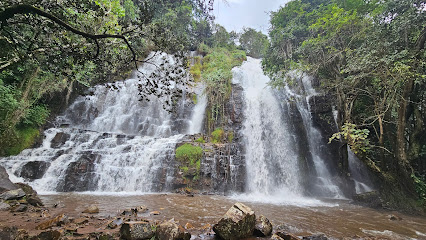
Gishora Drum Sanctuary
Discover Burundi's soul at Gishora Drum Sanctuary: witness ancient drumming rituals, learn about royal history, and experience cultural heritage.
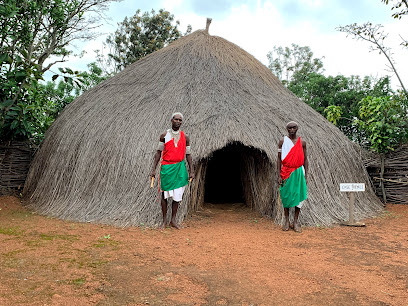
Jardin Public Bujumbura
Discover tranquility at Jardin Public Bujumbura, a lush garden oasis perfect for relaxation and cultural experiences in the heart of the city.
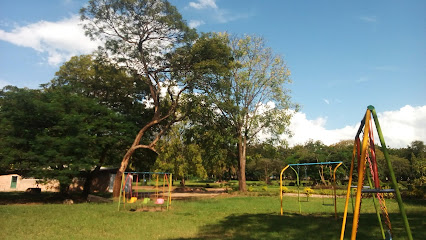
National Museum of Gitega
Discover Burundi's rich cultural heritage at the National Museum of Gitega, showcasing royal artifacts and ethnographic treasures.
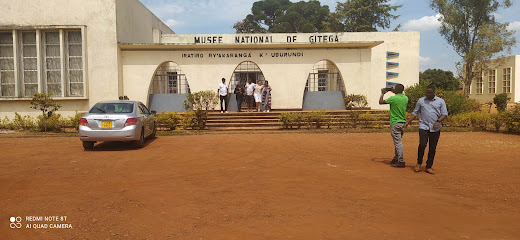
MAWIMBI Beach club
Experience the perfect blend of relaxation and adventure at MAWIMBI Beach Club, Kizuka's premier tropical destination.
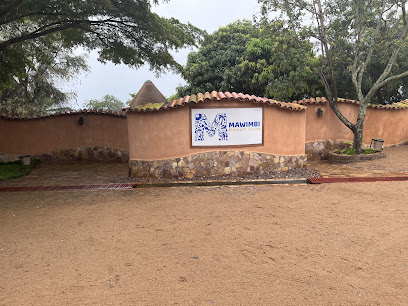
Kibira National Park
Explore Kibira National Park – a lush sanctuary of biodiversity in Burundi, perfect for hiking, birdwatching, and unforgettable wildlife encounters.
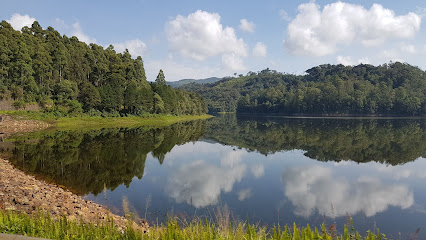
Harmonie woods
Discover family fun at Harmonie Woods in Bujumbura, Burundi – a vibrant amusement park with lush landscapes, thrilling rides, and joyful memories.
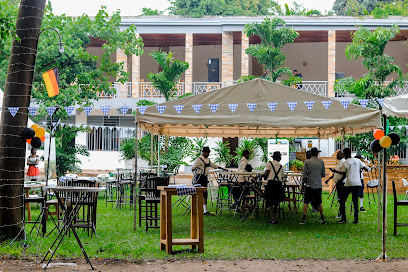
Traité de Kiganda
Explore humanity's journey to the stars at Kiganda's space history museum. Interactive exhibits for all ages!
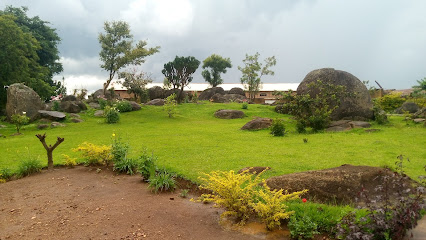
Rwegura Dam Site Area
Experience the serene beauty and natural wonders of Rwegura Dam Site Area, a must-visit tourist attraction in Sehe, Burundi.
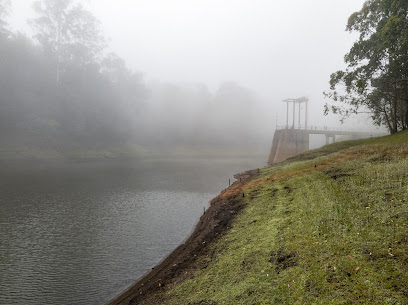
Monument du Prince Louis RWAGASORE
A tribute to Burundi's independence hero, Prince Louis Rwagasore, symbolizing national unity and the fight for freedom.

RCD ASSOCIATION
Reflect on Burundi's history and resilience at this peaceful memorial park in Bujumbura, offering a tranquil escape and cultural insight.
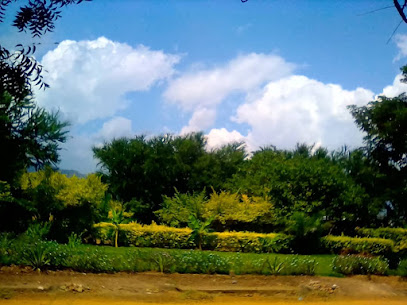
Uzuri Beach
Escape to Uzuri Beach in Kinyinya for serene shores, cultural experiences, and the natural beauty of Burundi. Your tranquil retreat awaits!
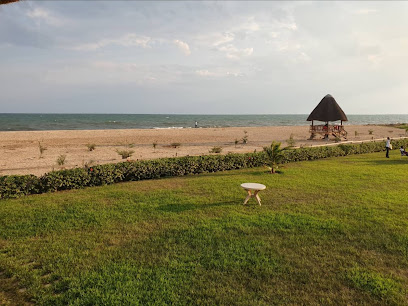
Zilliken Parc
Experience the tranquility of Zilliken Parc, a serene green oasis in Bujumbura, perfect for picnics, nature walks, and family outings.
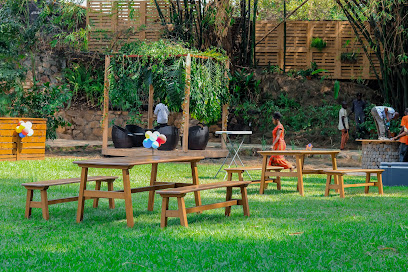
kivogero
Explore Kivogero in Ijenda, a captivating tourist attraction blending stunning landscapes and rich cultural experiences for an unforgettable Burundian adventure.

Kibima
Explore the serene beauty and cultural richness of Kibima, a hidden gem in Kiremera, Burundi, perfect for nature lovers and cultural enthusiasts.

Essential places to dine
Le Café Gourmand
Discover the delightful flavors of Burundi at Le Café Gourmand, your go-to spot for coffee, pastries, and light meals in Bujumbura.
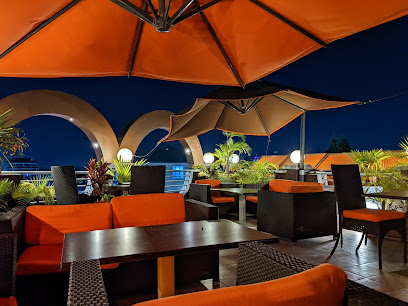
Waka Waka
Experience authentic Italian cuisine at Waka Waka in Bujumbura – where every dish tells a story of tradition and flavor.
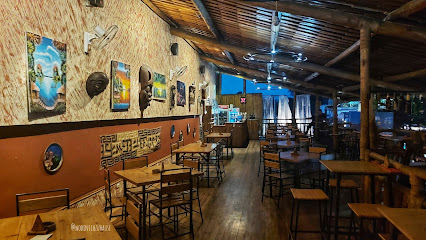
Vinothèque ZILLIKEN
Experience exquisite wines and local cuisine at Vinothèque ZILLIKEN – a must-visit destination in Bujumbura for culinary enthusiasts.
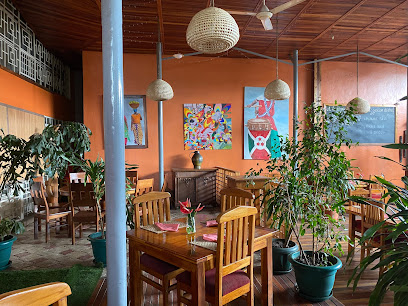
Harrys Grill House
Experience authentic Burundian flavors at Harry's Grill House - your ultimate destination for delicious grilled cuisine in Bujumbura.
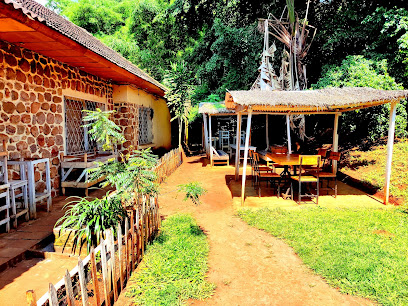
Belvedere Restaurant
Savor exquisite flavors at Belvedere Restaurant in Bujumbura—where culinary excellence meets breathtaking views.
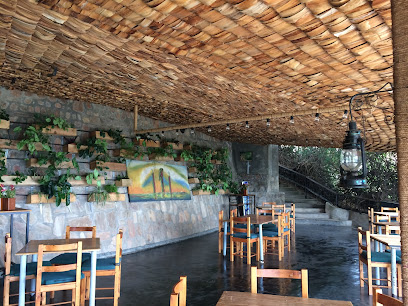
Pasta comedia
Discover the flavors of Italy blended with Burundian charm at Pasta Comedia in Bujumbura.
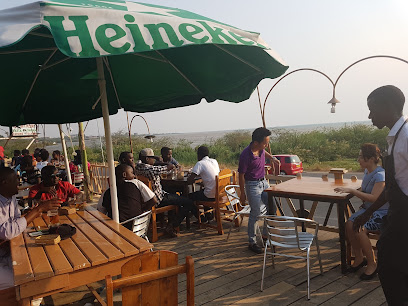
Restaurant Chez Orphée
Experience exquisite local and international cuisine at Restaurant Chez Orphée in Bujumbura – a culinary delight for every traveler.
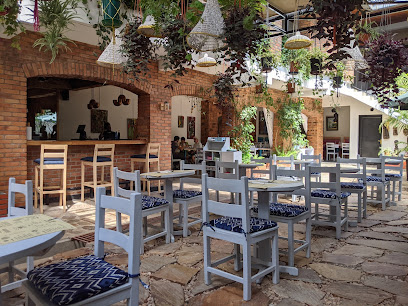
Eden Garden Resort
Discover exquisite dining at Eden Garden Resort in Bujumbura - where culinary delights meet breathtaking natural beauty.
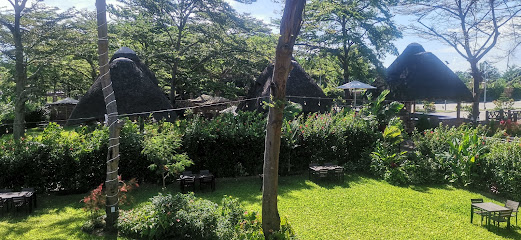
KEZAMIA Restaurant
Discover the flavors of Burundi at KEZAMIA Restaurant in Bujumbura—a perfect blend of local cuisine and serene nature.
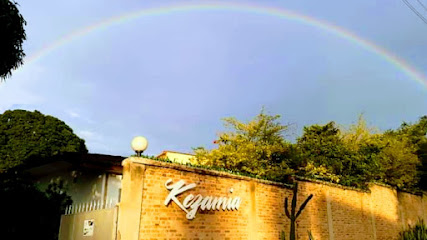
Paparazzi Restaurant
Experience delightful family-friendly dining at Paparazzi Restaurant in Bujumbura, offering stunning views and diverse cuisine for every taste.
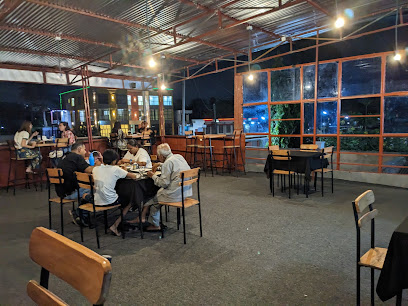
Restaurant Oasis
Discover the flavors of Burundi at Restaurant Oasis—where every meal is an unforgettable experience.
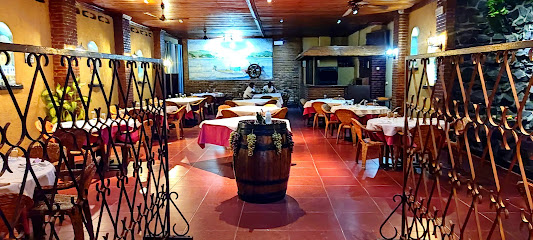
Restaurant Tanganyika
Experience authentic Burundian cuisine at Restaurant Tanganyika with stunning lake views in Bujumbura.
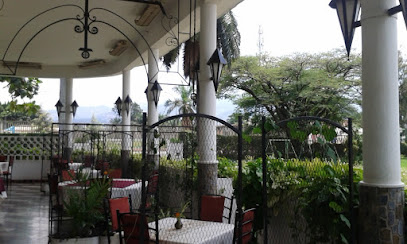
Rusizi National Park
Discover Rusizi National Park: A haven for wildlife enthusiasts featuring hippos, vibrant birdlife, and stunning natural landscapes.
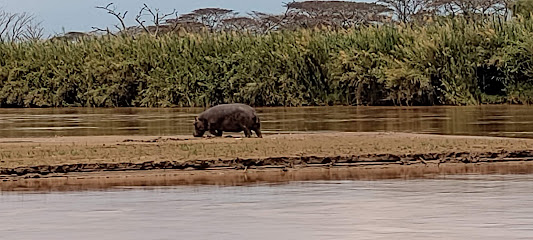
Restaurant La Comète
Experience authentic Burundian cuisine at Restaurant La Comète in Bujumbura – where every meal tells a story of flavor and culture.
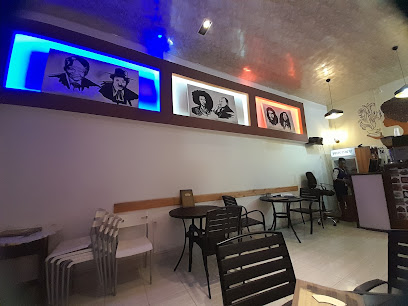
Kiboko Grill
Discover family-friendly dining at Kiboko Grill in Bujumbura, where local flavors meet stunning views of Lake Tanganyika.
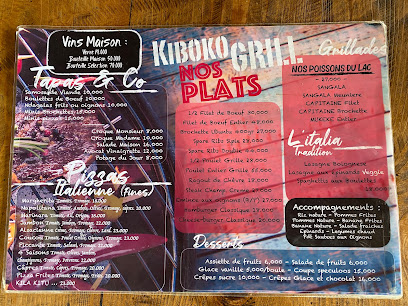
Markets, malls and hidden boutiques
Rusizi National Park
Discover the beauty of wildlife at Rusizi National Park, a serene escape in Burundi with diverse ecosystems and breathtaking landscapes.
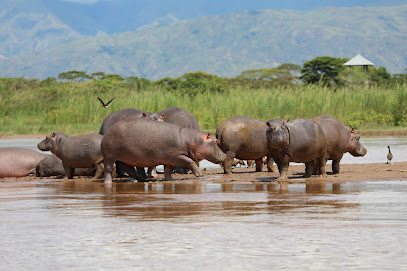
Maison Pic Bujumbura
Explore Maison Pic in Bujumbura for unique artisanal goods and local crafts that capture the essence of Burundi's rich cultural heritage.

Mugisha Shop
Discover authentic Burundian craftsmanship at Mugisha Shop - a must-visit for unique furniture and home decor in Bujumbura.

Kwa Desire
Explore Kwa Desire, a vibrant gift shop in Kinyinya offering unique Burundian crafts and souvenirs that celebrate local culture.

Rukaramu
Explore Rukaramu, a vibrant gift shop offering unique local crafts and artisanal treasures, perfect for souvenirs that capture the essence of the region.
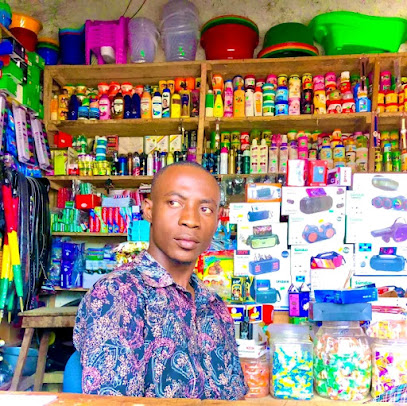
B&S Boutique de Luxe
Explore Burundian elegance at B&S Boutique de Luxe, where luxury fashion accessories meet local craftsmanship in Bujumbura.

Super Shop
Experience the vibrant shopping culture of Bujumbura at Super Shop, where local crafts and goods meet warm hospitality.

Boom
Explore the vibrant essence of Burundi at Boom Gift Shop, where local craftsmanship meets unforgettable souvenirs.

Boutique Vitu Ni Mungu
Explore the vibrant flavors of Burundi at Boutique Vitu Ni Mungu, your go-to grocery store for local delicacies and fresh produce.

WAGUE Shop chez Siyoni
Discover unique Burundian fashion at WAGUE Shop chez Siyoni, where local craftsmanship meets modern style in the heart of Bujumbura.

Chez MWENJANGU
Experience authentic local culture and shop unique handcrafted treasures at Chez MWENJANGU in Kinyinya.

JUST FOR YOU
Explore the vibrant craftsmanship of Burundi at JUST FOR YOU, a unique gift shop in Bujumbura dedicated to local artisans and unforgettable souvenirs.
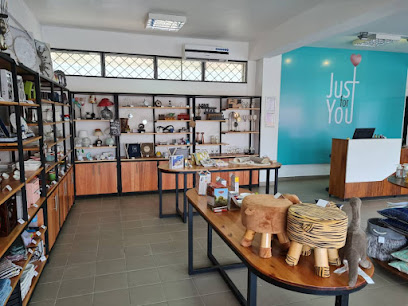
Roro Vunjabei
Discover a unique blend of traditional and contemporary fashion at Roro Vunjabei in Bujumbura, where style meets local culture.
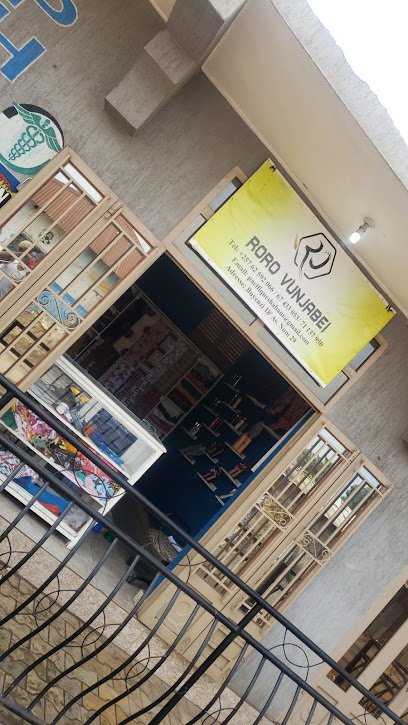
La Boutique
Discover unique fashion at La Boutique in Bujumbura, where local artisans blend tradition with modern style in a vibrant shopping atmosphere.
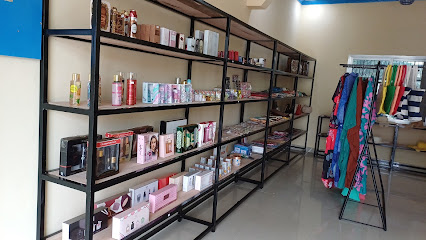
Lúxus Boutique
Discover the essence of Burundian craftsmanship at Lúxus Boutique, where elegance meets local artistry in the heart of Bujumbura.

Essential bars & hidden hideouts
World Beach Bujumbura
Discover the flavors of Burundi at World Beach Bujumbura, where stunning lake views meet a delightful grill dining experience.
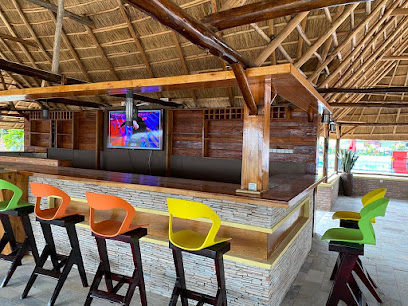
Black & White
Experience the vibrant nightlife at Black & White in Bujumbura, where stunning beach views meet affordable drinks and a lively atmosphere.
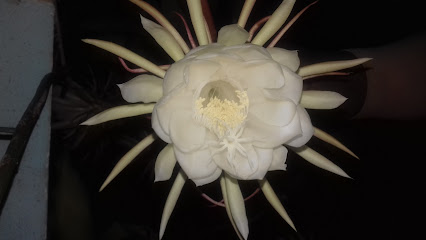
Miami Beach
Explore the vibrant beaches, nightlife, and culinary delights of Miami Beach, a coastal paradise for sun-seekers and adventurers alike.

Spot257
Experience the vibrant nightlife of Bujumbura at Spot257, a lively bar offering a diverse menu of drinks in a welcoming atmosphere.
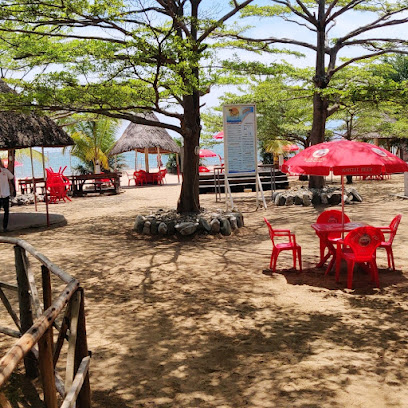
BEST GARDEN RESTO-BAR
Discover the enchanting atmosphere of BEST GARDEN RESTO-BAR in Bujumbura, where delicious drinks and a lively garden setting await you.

Kiboko Foods and Drinks
Experience the authentic flavors of Bujumbura at Kiboko Foods and Drinks, where grilled specialties and vibrant atmosphere await.
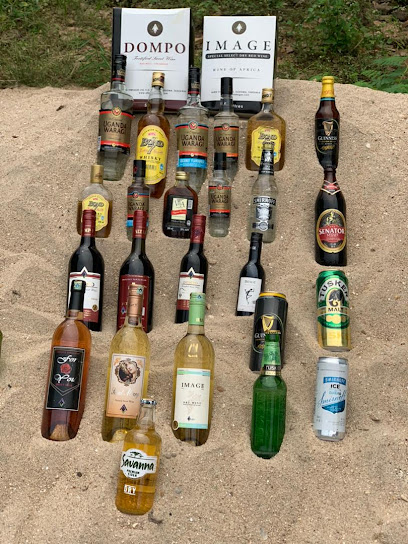
Chez Willy The Bartender (Ex-Kasuku)
Savor the authentic taste of Burundi at Chez Willy The Bartender, a lively grill destination in Bujumbura with delicious food and vibrant atmosphere.
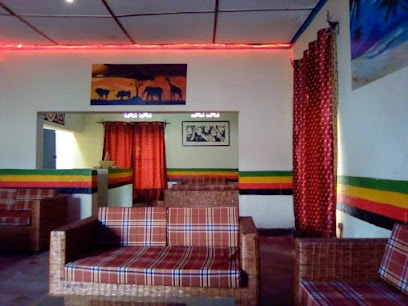
UREMBO Bar
Discover the vibrant nightlife at UREMBO Bar in Bujumbura, where local culture meets a welcoming atmosphere and refreshing drinks.

CAPRELLA Bar Restaurant
Discover the taste of grilled perfection at CAPRELLA Bar Restaurant in Bujumbura, where every dish is a celebration of flavor.

MUCO Bar Restaurant
Experience authentic grilled specialties in Kinyinya at MUCO Bar Restaurant, where local flavors meet vibrant atmosphere.

Ku Musoso Bar
Discover the lively Ku Musoso Bar in Kinyinya, where traditional Rwandan drinks meet modern vibes in a vibrant atmosphere.

KUNGUTA Bar
Discover the vibrant nightlife at KUNGUTA Bar in Kinyinya, where local culture meets an energetic atmosphere and delightful drinks.

Ku kayaga Bar
Discover the vibrant nightlife at Ku Kayaga Bar in Gatumba, where locals and tourists mingle over refreshing drinks and live music.

Bar 4G
Experience the vibrant nightlife of Kinyinya at Bar 4G, where local culture meets refreshing beverages in a lively atmosphere.

Local Phrases about Rusizi National Park
-
- HelloMuraho
[moo-rah-hoh] - GoodbyeMurabeho
[moo-rah-beh-hoh] - YesEgo
[eh-goh] - NoOya
[oh-yah] - Please/You're welcomeKurahura
[koo-rah-hoo-rah] - Thank youMurakoze
[moo-rah-koh-zeh] - Excuse me/SorryNdaheza
[ndah-heh-zah] - How are you?Amakuru?
[ah-mah-koo-roo] - Fine. And you?Yanjye nziza. Na wewe?
[yah-njee nah-zee-zah. nah way-way] - Do you speak English?Mwaba mutegura icyongereza?
[mwa-bah moo-teh-goo-rah ee-chohn-geh-reh-zah] - I don't understandSi ko ntegura
[see koh nteh-goo-rah]
- HelloMuraho
-
- I'd like to see the menu, pleaseNifise ishakiro, kuri wewe
[nee-fee-seh ee-shah-kee-roh, koo-ree way-way] - I don't eat meatNtakura inyama
[ntah-koo-rah ee-nyah-mah] - Cheers!Mwaramutse!
[mwah-rah-moot-seh] - I would like to pay, pleaseNifise ibyo nguha, kuri wewe
[nee-fee-seh eeb-yoh ngoo-hah, koo-ree way-way]
- I'd like to see the menu, pleaseNifise ishakiro, kuri wewe
-
- Help!Udutegure!
[oo-doo-teh-goo-reh] - Go away!Haguruka!
[hah-goo-roo-kah] - Call the Police!Mwite Polisi!
[mwee-teh poh-lee-see] - Call a doctor!Mwite umurwayi!
[mwee-teh oo-moo-rwah-yee] - I'm lostNdi mubabwiriza
[ndee moo-bah-bwee-ree-zah] - I'm illNdi muvune
[ndee moo-voo-neh]
- Help!Udutegure!
-
- I'd like to buy...Nifise kugura...
[nee-fee-seh koo-goo-rah] - I'm just lookingNkora ibyo ntazi
[n-koh-rah ee-byoh n-tah-zee] - How much is it?Ni icyahe?
[nee ee-chyah-heh] - That's too expensiveIyi ni byiza cane
[ee-yee nee bee-zah chah-neh] - Can you lower the price?Mwaba mutegura ishusho?
[mwa-bah moo-teh-goo-rah ee-shoo-shoh]
- I'd like to buy...Nifise kugura...
-
- What time is it?Saa ngapi?
[sah-ah ngah-pee] - It's one o'clockNi saa munani
[nee sah-ah moo-nah-nee] - Half past (10)Saa munani n'igice
[sah-ah moo-nah-nee nee-gee-chay] - MorningIgisibo
[ee-gee-see-boh] - AfternoonIgihe cy'umugoroba
[ee-gee-heh chee-oo-moo-go-roh-bah] - EveningIgihe cy'umugoroba
[ee-gee-heh chee-oo-moo-go-roh-bah] - YesterdayEjo
[eh-joh] - TodayEjo
[eh-joh] - TomorrowEjo
[eh-joh] - 1Rimwe
[ree-mweh] - 2Kabiri
[kah-bee-ree] - 3Gatatu
[gah-tah-too] - 4Kane
[kah-neh] - 5Gatanu
[gah-tah-noo] - 6Gatandatu
[gah-tahn-dah-too] - 7Kumwe
[koo-mweh] - 8Rwanda
[rwahn-dah] - 9Icyenda
[ee-chyen-dah] - 10Mwanya
[mwahn-yah]
- What time is it?Saa ngapi?
-
- Where's a/the...?Iki gite?
[ee-kee gee-teh] - What's the address?Adiresi ni iki?
[ah-dee-reh-see nee ee-kee] - Can you show me (on the map)?Mwaba mutugezaho (muri iyi ramapu)?
[mwa-bah moo-too-geh-zah-hoh moo-ree ee-ree rah-mah-poo] - When's the next (bus)?Iki gite gisigaye?
[ee-kee gee-teh gee-see-gah-yeh] - A ticket (to ....)Igihembwe (ku ....)
[ee-gee-hem-bweh koo]
- Where's a/the...?Iki gite?
History of Rusizi National Park
-
Rusizi National Park was officially established in 1980. The park was created to protect the unique biodiversity of the Rusizi River and its surrounding wetlands. It covers an area of approximately 90 square kilometers and is one of the most important conservation areas in Burundi, providing a habitat for a wide range of flora and fauna.
-
During the colonial period under German and later Belgian rule, the area now known as Rusizi National Park was subjected to various forms of exploitation. Agricultural expansion and resource extraction led to significant environmental changes. The colonial authorities undertook some conservation measures, but the primary focus was on economic gain rather than ecological preservation.
-
After Burundi gained independence from Belgium in 1962, there was a renewed focus on conserving the country's natural resources. Rusizi National Park became a focal point for these efforts. The Burundian government, along with international organizations, initiated projects to restore and protect the park's ecosystems. These efforts included reforestation, anti-poaching campaigns, and community engagement programs.
-
Rusizi National Park is home to a diverse range of species, including hippos, crocodiles, and numerous bird species, making it a crucial area for biodiversity. The park's wetlands are particularly important for migratory birds. The unique combination of riverine and wetland ecosystems supports a rich array of plant and animal life, contributing to the park's ecological significance.
-
The Rusizi River and its surrounding areas have long been of cultural significance to local communities. Traditional fishing practices, farming, and spiritual beliefs are closely tied to the landscape. The establishment of the park has had a profound impact on these communities, leading to both opportunities and challenges. Efforts have been made to involve local communities in conservation initiatives, recognizing their deep connection to the land.
-
In recent years, Rusizi National Park has become an increasingly popular destination for eco-tourism. The Burundian government and various NGOs have worked to develop infrastructure that supports sustainable tourism while minimizing environmental impact. Visitor facilities, guided tours, and educational programs are designed to enhance the visitor experience and raise awareness about the importance of conservation.
-
Rusizi National Park faces ongoing challenges, including habitat degradation, climate change, and human-wildlife conflict. Despite these issues, there is a strong commitment to ensuring the park's future. Conservation strategies continue to evolve, focusing on research, community involvement, and sustainable management practices to preserve the park for future generations.
Rusizi National Park Essentials
-
Rusizi National Park is located in western Burundi, near the border with the Democratic Republic of the Congo. The nearest international airport is Bujumbura International Airport, approximately 15 kilometers from the park. From the airport, you can hire a taxi or a private car to reach Rusizi National Park. The journey typically takes around 30 minutes. Public buses and minibuses (matatus) also operate from Bujumbura to the park entrance, but they may take longer due to multiple stops.
-
Within Rusizi National Park, the most common way to get around is by guided safari vehicles. The park offers guided tours that provide a safe and informative way to explore the area. For more independent travel, car rentals are available in Bujumbura, but it's advisable to have a 4x4 vehicle due to the rough terrain. Bicycles are another option for those looking to explore on two wheels, and they can be rented from local shops in Bujumbura.
-
The official currency in Burundi is the Burundian Franc (BIF). Credit cards are accepted in some of the larger hotels, lodges, and restaurants in Bujumbura, but it's advisable to carry cash, especially when visiting the national park and smaller establishments. ATMs are available in Bujumbura, but they may not be reliable, so it's a good idea to withdraw sufficient cash before heading to Rusizi National Park.
-
While Rusizi National Park itself is generally safe for tourists, it's important to exercise caution, particularly when traveling to and from Bujumbura. Be aware of your surroundings and avoid walking alone at night. Certain areas in Bujumbura have higher crime rates, so it's best to consult local advice on safe neighborhoods. Always keep your belongings secure and avoid displaying valuable items.
-
In case of emergency, you can dial 112 for immediate assistance. The nearest medical facilities are located in Bujumbura, where you can find hospitals and pharmacies. It's highly recommended to have travel insurance that covers medical emergencies and evacuation, given the remote nature of the park. For minor health issues, carry a basic first aid kit and any necessary medications with you.
-
Fashion: Do dress modestly, especially when visiting local communities. Lightweight, breathable clothing is recommended for the warm climate. Religion: Do respect local customs and traditions. If visiting religious sites, dress conservatively and remove shoes when required. Public Transport: Do be respectful and courteous to fellow passengers. Keep noise levels down and avoid eating or drinking on public transport. Greetings: Do greet people with a handshake, and use polite titles such as 'Monsieur' or 'Madame'. Eating & Drinking: Do try local dishes and accept food offerings graciously. Avoid wasting food, as it is considered disrespectful.
-
To experience Rusizi National Park like a local, consider hiring a local guide who can provide in-depth knowledge of the park's wildlife and ecosystems. Visit the local markets in Bujumbura to buy fresh produce and traditional Burundian crafts. Engage with locals and learn about their way of life, as they are often happy to share their culture. Don't miss the chance to take a boat trip on the Rusizi River for a unique perspective of the park's diverse habitats.
Nearby Cities to Rusizi National Park
-
Things To Do in Muramvya
-
Things To Do in Cibitoke
-
Things To Do in Kayanza
-
Things To Do in Gitega
-
Things To Do in Rumonge
-
Things To Do in Ngozi
-
Things To Do in Bururi
-
Things To Do in Butare
-
Things To Do in Kirundo
-
Things To Do in Muyinga
-
Things To Do in Karongi
-
Things To Do in Kibuye
-
Things To Do in Muhanga
-
Things To Do in Nyamata
-
Things To Do in Kigoma




